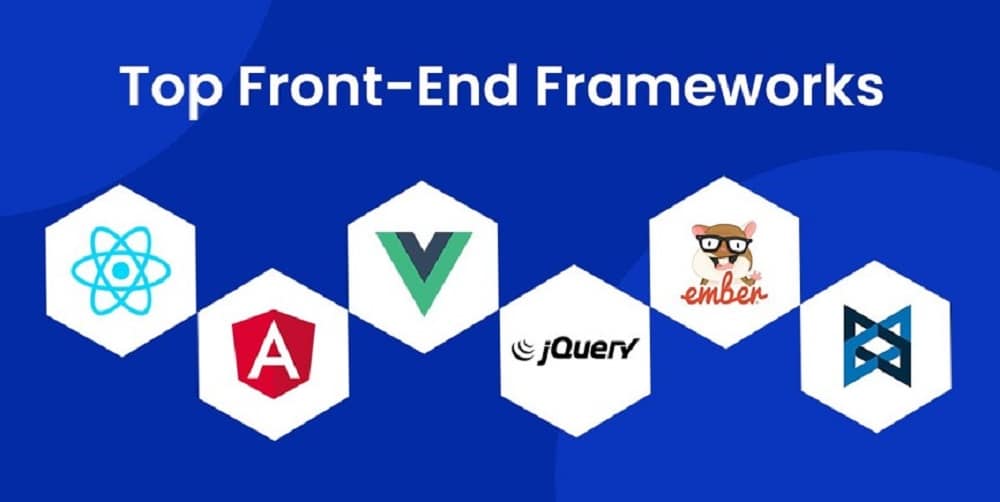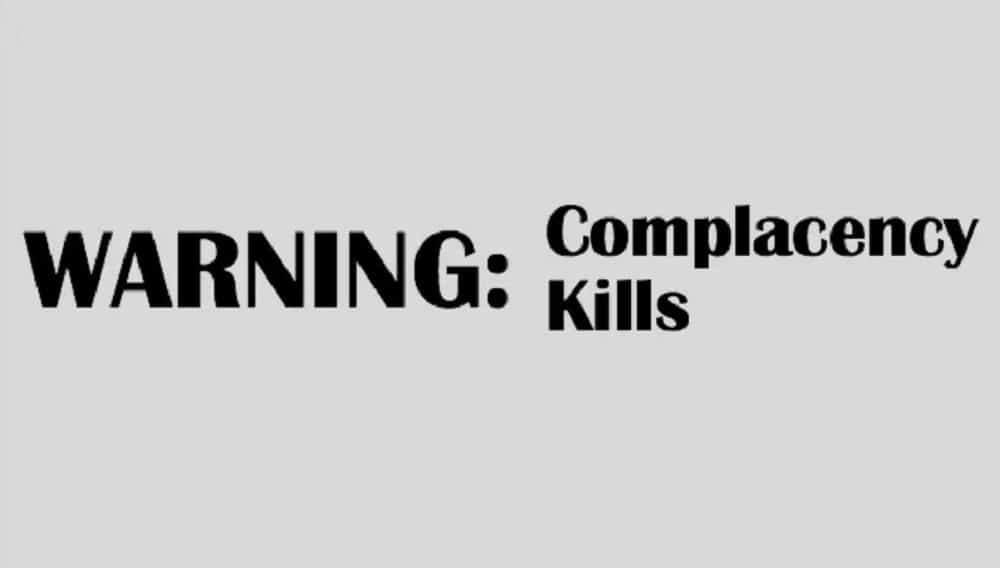
IT is a dynamic sector of our economy. That means that it is important to your IT career that you are a dynamic employee and participant. At its core, being complacent and resistant to change can decrease your career prospects and promotions.
Being in the industry for over 30 years, I have spoken with many lead, mid level and entry level Back-End Developers. Based on what I have heard over the years from these developers across all industries and company sizes, here are top 6 mistakes Back-End developers make in their career.
1. Poor communication skills

One of the most common career missteps I have seen over the past 30 year in Back-End Developers is the lack of softs skills, particularly effective communication skills.
In today’s business world, IT touches everyone.
That is why it is essential to always keep leaders and other company stakeholders informed of potential bugs, bottlenecks, and suggestions and your ideas on how to improve a process or the performance of an application.
Failing to communicate efficiently and effectively with your boss can often lead to missed opportunities.
Another important aspect of your communication skills is how you communicate with your boss and other employees. Especially those that fall outside of the IT realm (e.g. finance, marketing, sales, etc). The nature of IT work can be complex to understand. The simpler you can make it for someone, the better. It can be easy to get frustrated and have a short fuse when someone does not pick up quickly on what you are saying. But, it is important to develop your approaches to meetings and develop different ways of communicating a technical issue that makes sense to business. When your boss is able to see you as someone that communicates effectively, efficiently, and passionately you will set yourself ahead of your IT peers.
In my experience helping hiring managers fill back-end developer roles is that developers with strong communication skills are hard to find and are elevated in their career quicker than most.
2. Not developing and understanding market trends of front end frameworks

When I asked a hiring manager what the one of the biggest challenges they see in their back-end developers and when recruiting back-end developers is a lack of experience in various front-end frameworks. They don’t need their back-end developers to be an expert at some of the front-end frameworks. However, having full-stack abilities often separates exceptional developers and tends to be in higher demand.
Like I stated earlier, you don’t need to be an expert at front-end frameworks, however having a good knowledge and practical experience can open doors otherwise closed to developers who only work on back-end systems. Here is a list of front end languages you want to have good knowledge and experience in:
- HTML / CSS
- React
- Node.JS
- Angular.JS
- Vue.JS
You can start using these front-end frameworks and languages by reading books and taking online courses. However, in my experience employers seek developers who have hands on experience in front-end projects. Therefore, it is important to take what you learn and apply them in your work or a side project.
Here are a few resources to start learning the front-end.
3. Not having the ability to relate to business common terms

Developing excellent presentation and communication skills in any role is more important than ever. In my 30 years of experience, an excellent way to make lasting impressions on business leaders and your boss is spending time role playing how you’re going to communicate your ideas or challenges you’re facing on a particular project in common business terms.
How can you start to learn common business terminology?
- Find a mentor who’s comes from the business side (non-IT)
- Increase your interactions with business leaders. Go out to lunch with them and don’t be afraid to ask them what certain terms mean.
- Read the book on business words you should know. This will help give you a general understanding of business terms.
- Read blogs such as Business Insider, Techcrunch and ZDNet. Make sure you are reading articles on topics such as business, fiance and/or economics.
4. Not learning outside of work

As we all know, the only thing that is constant is change. The IT industry is constantly evolving. In order to keep pace and advance your career you need to always be learning and developing new skills while you are not on the clock. A good habit is to pick one new skill you’re going to train yourself on and come up with a schedule. Some examples of skills to learn such as increasing your full stack abilities and keeping up to date on databases that are discussed in our article: Top ways for Back-End Developers can stay competitive in today’s market.
Hiring managers look for employees that can demonstrate the ability to learn new skills on their own long after their formal training has ended.
By not over relying on your employer to teach you new technologies, it can allow you to teach yourself things you’re personally interested in and keep your job fresh. This also will allow you to introduce new technologies that can help the business and your career.
Taking time each year to learn about new tools or platforms will keep you actively engaged in your own career while also setting yourself apart from others in your company. Some new technology that CIO’s look for their Back-End Developers to have include:
5. Job hopping

Are you moving around too much in your career? While early on in your career, it is normal and can even be beneficial to work at a couple of different jobs. However, There has to be good reasons behind each decision to change and as you start to progress in your career you should really be sticking around for 3+ years at a time. Hiring managers use a candidate’s history of job hopping as a compass in determining if they will be a fit for their company.
Some companies have a high turnover and will be able to look past frequent job changes, but most look for candidates that demonstrate dependability and loyalty (typically indicated by long tenures at companies). A CIO recently told me that job hopping can make or break a seemingly great candidate, because of the uncertainty related to retention, engagement, and culture within the company. The moral of the story is that, unless you are a contractor, you need to make sure you think out each career decision you make and really examine your reasons for wanting to make a change.
A good framework to try to achieve is to not have more than 3 jobs in the past 10 years. What I have found over the past 30 years is that if you do have more than 3 jobs in the past 10 years hiring magners often look at you as a risk to jump ship. This does exclude contractors.
6. Failing to develop a career road map

One way to help you in making thoughtful career decisions and in avoiding job hopping is developing a career road map. A career road map is a tool that you can use to develop a framework of how you want your career to go. A great exercise to conduct is to think about where you want to be short term (3-5 years) and long term (10-20 years) from now in your career. What is your end goal?
Once you have that nailed down, come up with a couple different paths based on what kind of skills you need, what kind of promotions you want to get, and what kind of companies you want to work for. All of these factors go into shaping your career.
An important note is that you need to remain flexible while traversing your roadmap. It should act as a system that can allow you to measure your progress and identify the right opportunities, but not as a rigid structure that must be followed to a T. Do not let the map hold you back. Think of it as a map of the US. There are many routes you can take to get from the east coast to the west coast, but as long as you have a sense of where you’re going you can make it to your destination.
Emerald’s advice
When it comes down to it, slight adjustments can have positive results on career trajectory and prospects. Avoid these mistakes by investing into yourself by reading books, getting a mentor, and being mindful of your work. Happy coding!

